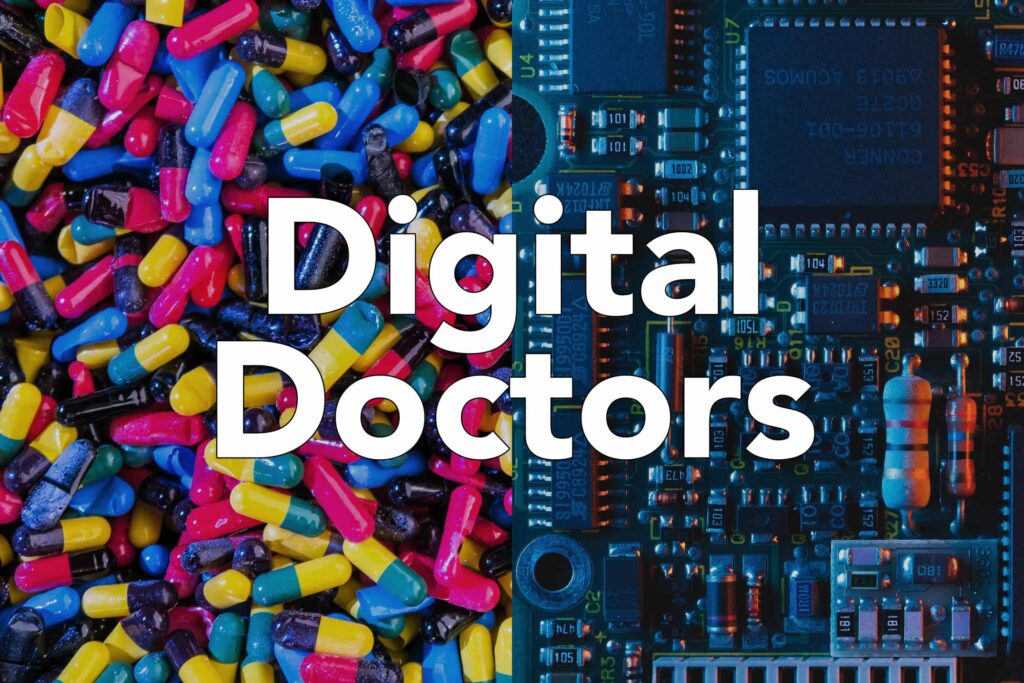Ancient Organ, Modern Disease
Do we really need our appendix? Most experts believe our ancestors used it to digest tough food like tree bark. We don’t eat tree bark anymore, so is it necessary to keep the tail-like end of the large intestine? And, if a life-altering disease could originate in it, is it wrong to want it removed?…
Read More









